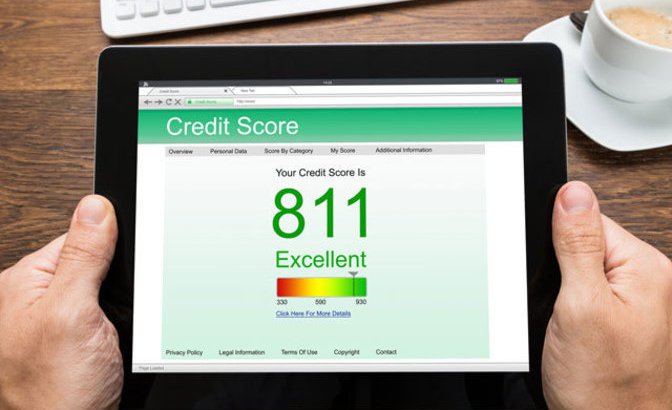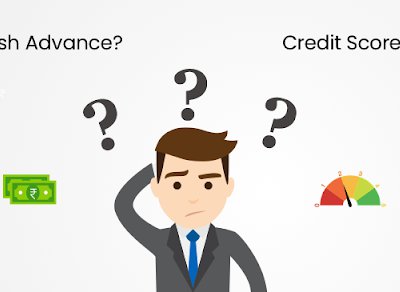Your credit score can affect various decisions you have to make. It signifies to debtors how reliable of a borrower you are or, adversely, how large of a risk. Your credit score can determine the interest what you pay for a mortgage or auto loan, a credit card and car insurance. It can even help or hurt your chances of getting an apartment or a job.
What is a credit score?
A credit score, also called FICO score, is a single number that takes into account your credit history and acts as a representation of your credit worthiness. Credit scores range from 300-850, with 850 representing ‘perfect’ credit.
Credit scores are produced by three different companies in the U.S. – Equifax, Experian, and TransUnion.Each company collects its data independently, which is why it is important to check all three companies to make sure your credit score is comparable across the board.
Generally speaking, a score above 680-700 is considered “prime.” Prime scores get the best interest rates. Scores in the 620-680 range are “near-prime” and scores below 620 are usually considered “sub-prime.” A sub-prime credit score can make it hard to get a loan at a good rate, if at all.
Where Do I Go to Get My Score?
There are several online services that will provide you with your credit score free of charge. Be wary of sites that carry fine print that outlines future possible charges. FreeCreditScore.com does not charge you for your score but does come with a monthly membership fee to monitor your credit.
To avoid the hassle of signing up for a membership on such sites, visit sites that provide you with free credit reports and allow you to make a one-time payment for your credit score.
Interpreting Your Score
Excellent: Your credit score is above 800. Lenders and insurers view you as an excellent credit risk. You probably have a long history of using credit responsibly. Your credit report likely contains multiple credit and loan accounts that have all been paid on time for years.
Very Good: Your credit score is between 750 and 800. You are considered a very low credit risk. You use your credit accounts responsibly and pay your accounts on time each month.
Good: Your credit score is between 700 and 750. Lenders and insurance companies view you as a low credit risk. You may have had late payments in the past, but all of your accounts are currently paid on time. You also do not have an excessive amount of credit card debt.
Fair: Your credit score is between 650 and 700. You are considered to be a moderate credit risk. You may have older derogatory items on your credit report that are not hurting your score as much as they used to. Your fair credit score could also be the result of higher than normal credit card debt.
Bad: Your credit score is between 600 and 650. Lenders and insurance companies will view you as being a high risk. Your credit score could be lower than average because of high amounts of credit card debt or derogatory items on your credit report, such as late payments, collections, or even bankruptcy.
Very Bad: Your credit score is below 600. This means that you are a very high credit risk. Credit scores below 600 are usually caused by late payments, collection accounts, or public records appearing on your credit reports. Excessive applications for new credit or high amounts of credit card debt can also lower your score. Alternatively, using payday loan services will not affect your credit score.
No Credit: You have no credit score. Lenders and insurers cannot accurately predict your credit risk and by default they consider you to be a high risk. Having no credit is better than having very bad credit, however, and you can establish your credit by opening a new credit card and using it responsibly. After a few months of use, your credit report should be able to be scored.






